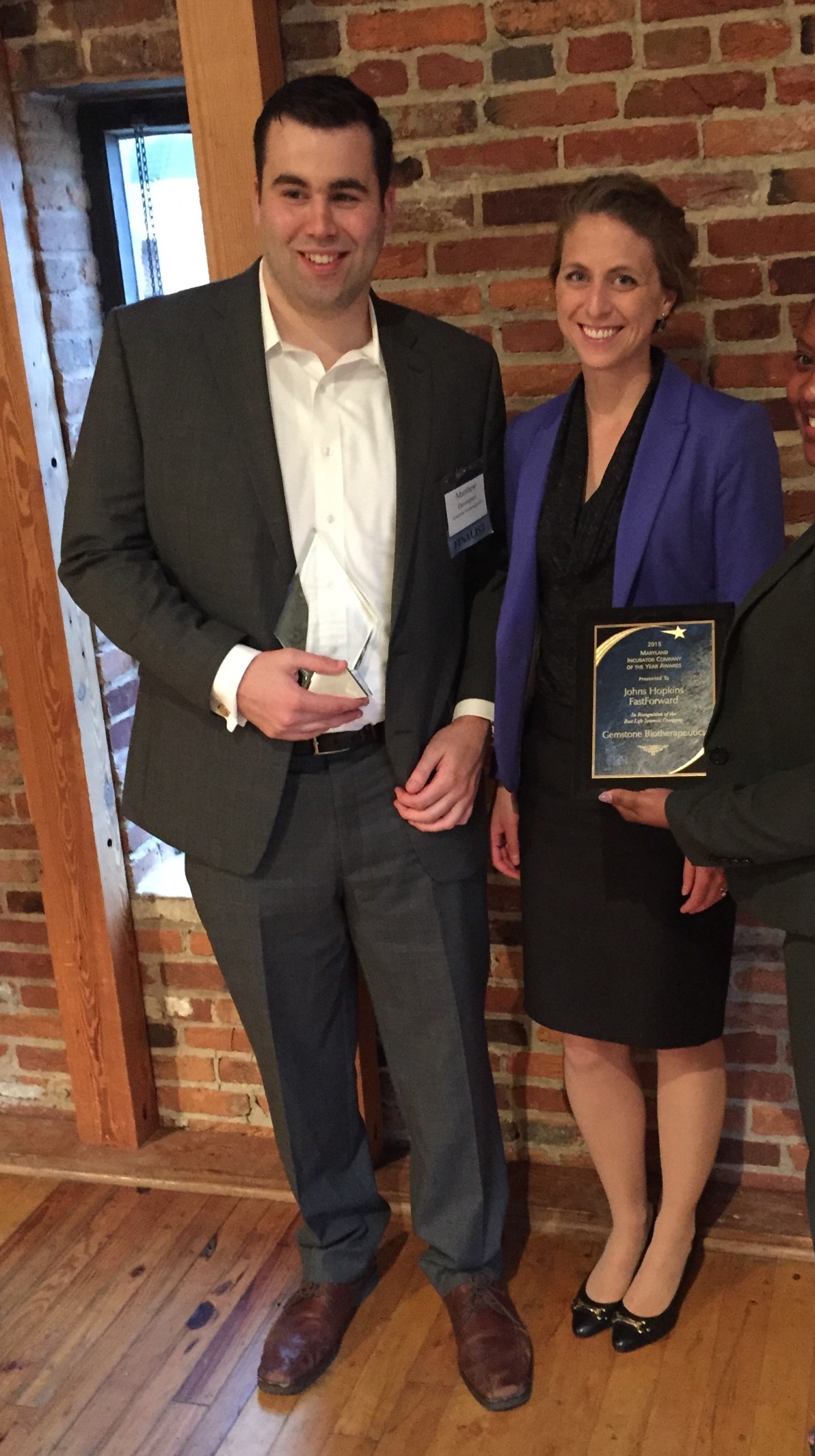Gemstone Biotherapeutics is looking to get a second treatment for wound care to the market.
The company licensed a product that is designed to specifically heal diabetic foot ulcers from Johns Hopkins University, said CEO George Davis. With the new addition to the portfolio, the Federal Hill-based company is looking to commercialize two products at once.
Davis said the company sees a big opportunity with the new technology, which was developed out of research led by Jeremy Walston and Peter Abadir in the Johns Hopkins School of Medicine.
The open sores that develop on the bottom of the foot affect about 15 percent of patients with diabetes, and can lead to amputations. The treatment that Gemstone licensed is a topical gel that reactivates a system of mitochondrial angiotensin receptors that weakens with age, and prohibits wounds from healing. It applies drugs that are currently used to treat hypertension to the wounds.
“It attacks the biology of what’s causing the wound not to heal,” Davis said. That enables the wounds to heal faster. That’s different from treatments currently on the market.
Davis said a large animal study has already been completed using the drug on pigs.
“If it works like it did on animals, this is going to be really, really huge,” he said.
Treatment is also costly for the healthcare system. According to a 2014 American Diabetes Association study, the wounds are a “burden” on hospitals that cost $9-13 billion in costs annually.
The new licensing deal adds a second product to the company’s portfolio. Gemstone started out developing a separate Hopkins-developed treatment that prevents scarring. Davis said the team will be able to apply what they learned over the last year and a half of initial stages in developing that product.
“They’ve learned so much about what it takes to move a product from the lab to a bedside application,” Davis said.
From a company perspective, the new deal indicates that the company isn’t “tied to one technology,” Davis said, but still focused on wound care.
Following a $2.45 million seed round that closed last summer, the company moved to offices in the same building that houses M.C. Dean in Federal Hill, and brought on former Johns Hopkins FastForward Venture Manager Ian Tolfree as director of operations.
“I think it gets us through mid-late 2017 on precipice of two turnkey solutions,” Davis said of the seed round.
Gemstone Biotherapeutics adds another wound-healing technology







